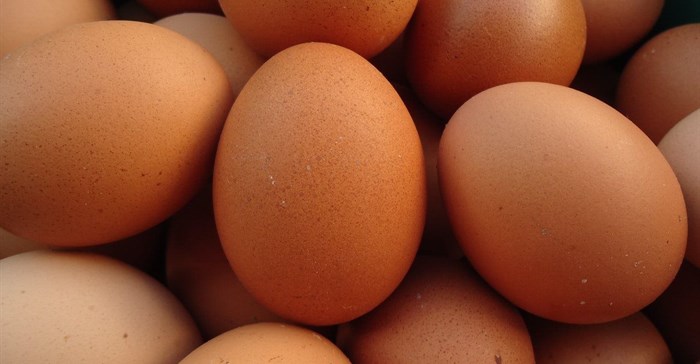After three years of negotiations with the Coalition of African Animal Welfare Organisation (Caawo), the Spur Corporation has committed to using only cage-free hens eggs in its restaurants by the year 2025.
Spur Corporation is one of the largest restaurant companies in South Africa, owning chains including Spur, Hussar Grill, RocoMamas, Panarottis and John Dory's.
“This is a great victory for laying hens in South Africa,” says Caawo programme director Mandla Gqamlana.
“Caawo and our partners coordinated talks with Spur to voice our concerns about hen welfare and to ask for better welfare management for the chickens that supply the Spur Group with eggs. Thanks to this landmark agreement, the Spur Corporation will now spare millions of chickens the horror of being confined, unable to spread their wings and express normal behaviour.”
Caawo aims to improve the lives of animals and humans by engaging and collaborating on issues of animal and human welfare with a network of communities, groups, corporations, government and other stakeholders. The organisation advocates and lobbies for better laws relating to animals, and works to keep national animal welfare legislation updated.
“It is not always easy to enact significant change, but we believe it is important that companies act when it is the ethical and right thing to do. The Spur Corporation’s commitment to using only cage-free eggs by 2025 must be commended. It is a significant step towards improving the lives of millions of hens,” says Gqamlana.
“Encouraging their farmers to farm in a manner that is good for their animals and farm workers, ultimately benefits their customers with a healthier product. This agreement demonstrates the Spurs’ commitment to the health, care and welfare of animals raised for food. We hope that other corporates will follow suit by taking a responsible approach to the sourcing of their eggs.
“Caawo will continue its effort in engaging with different stakeholders, including the government, South African Poultry Association, retailers, farmers and other stakeholders to highlight the plight of chickens and call for better welfare management to be put in place by 2025,” Gqamlana says.


















































